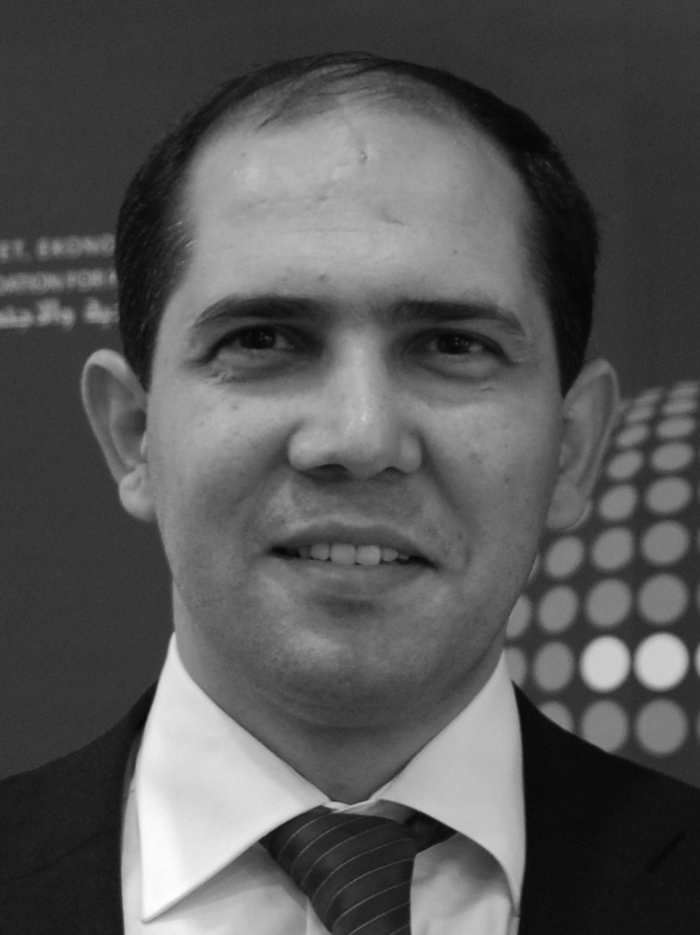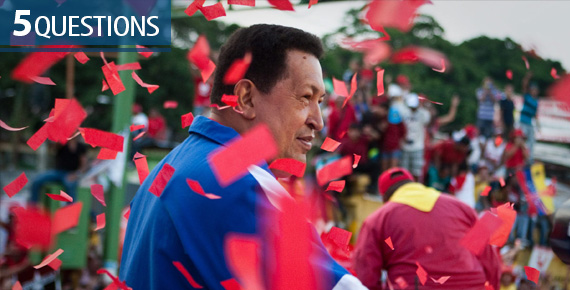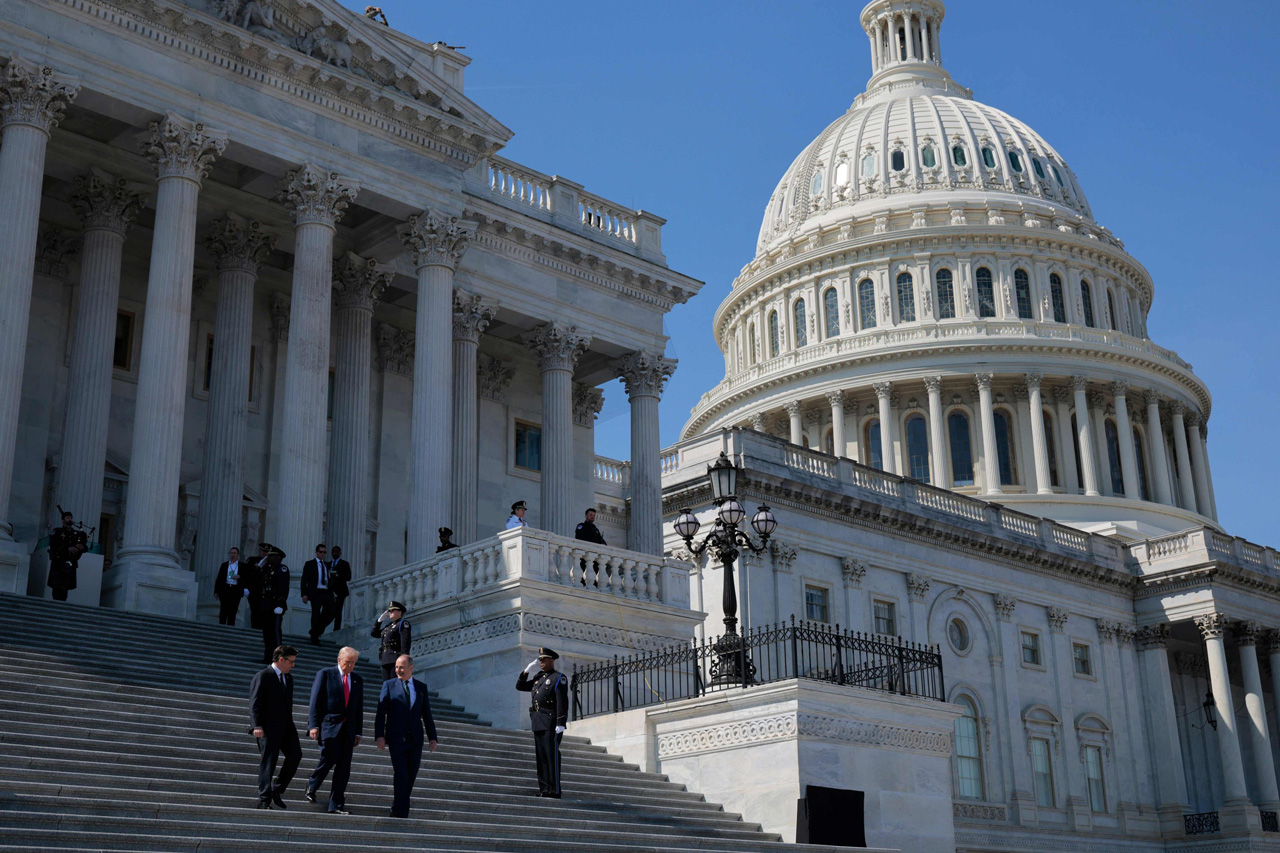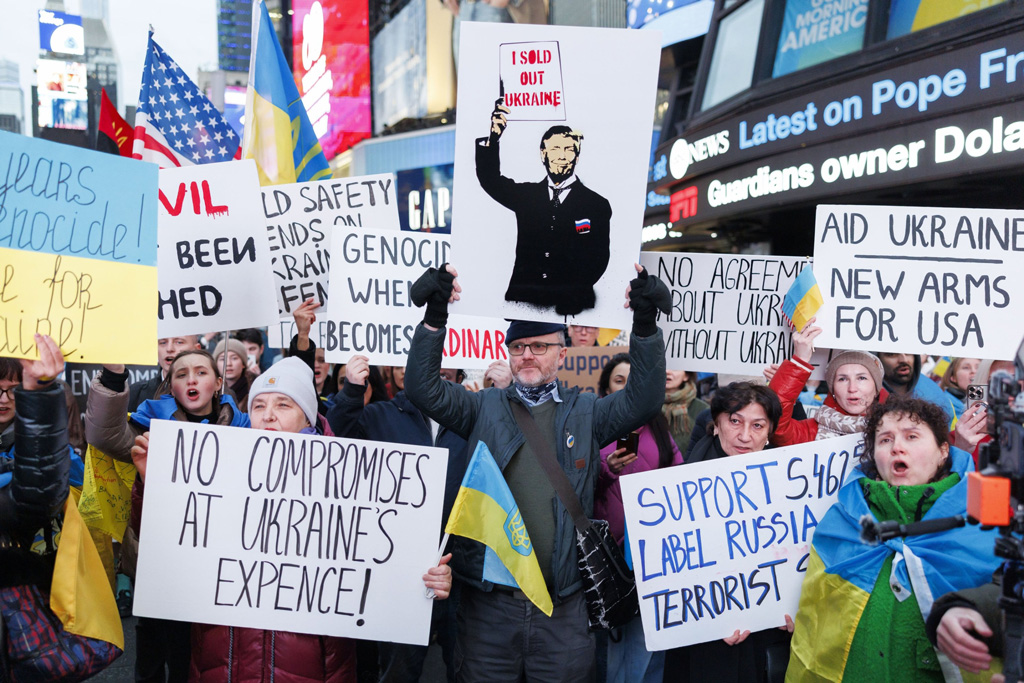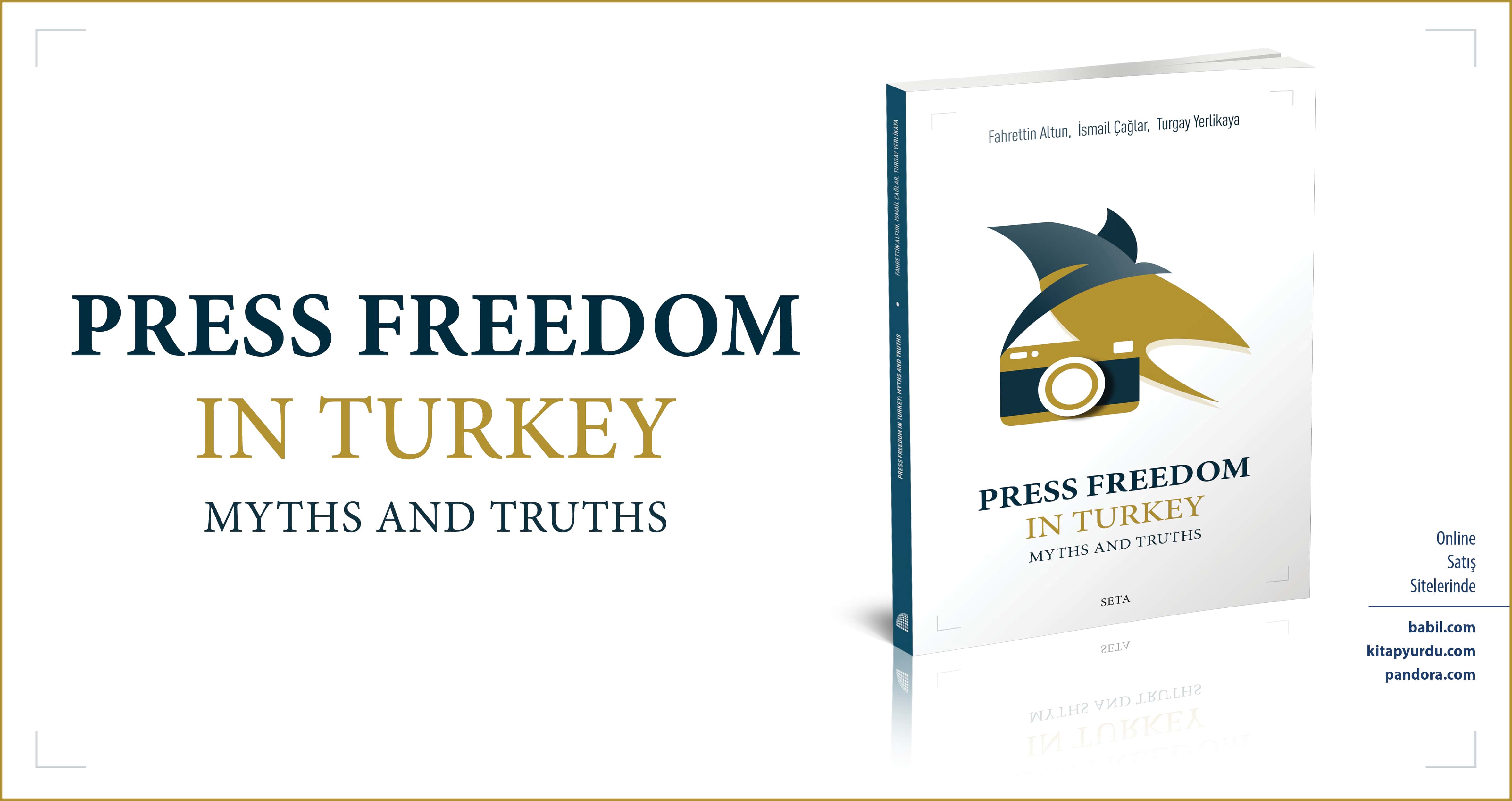The education system should become diversified and pluralistic as the society becomes diversified and pluralistic. The education system in Turkey has not been able to reflect our social structure until now. This is mainly because before now, bureaucratic institutions—which were not accountable to society—determined the education system. Bureaucratic institutions such as the National Security Council (MGK), the Council of Higher Education (YÖK), Council of State and Constitutional Court, rather than those elected by the society, have made the most comprehensive educational regulations in Turkey. As politics have become normalized in Turkey, bureaucratic tutelage has been pushed backwards. As a result, elected officials now have the chance to take bold steps towards meeting social demands in education system.
The end of uniformity
The biggest problem with the Turkish education system is “the uniformity of the education system.” Despite the possible challenges that the 4+4+4 education bill will face in practice, this bill is significant in that it aims to end this uniformity in education system. The elective courses proposed by the bill have the potential to democratize the system by meeting social demands in education. The inclusion of elective courses indicates that the fact that the public’s expectations and demands are pluralistic has been accepted and that the efforts towards building a uniform society have decreased.
Until now, students have been offered limited religious education outside the school. Now, more comprehensive religious education will be provided in schools. The bill also allows schools to offer other elective courses in order to render the education system more flexible. In this sense Recep Tayyip Erdogan’s statement that Kurdish courses would now be offered as electives is significant in that it demonstrates that the social demands have been acknowledged. The Minister of National Education Ömer Dinçer also declared that schools will provide other elective courses for other languages spoken in Anatolia (Zazaki, Laz Language, Abkhaz Language), indicating that the government will widen the scope of steps towards democratization.
Sphere of discussion
The fact that all of the elective courses are not individually listed in the bill provoked concern that another government may remove courses like Kurdish from the curriculum. Hopefully, the democratic course in Turkey will not result in such a regression. Furthermore, it is hoped that what has been done will not be limited to these and that steps towards those demands—which have not yet been met—will be taken. When discussing elective courses, one must underline that elective courses, as empty signifiers, can be considered as a mechanism that meets the changing and multiplying demands of the society. As a result this void should be filled through democratic negotiations.
Common culture to replace uniformity
As elective courses in the education system increase and become diversified, thus rendering the education system more pluralistic, people have worried that this will weaken the values that hold society together. Contrary to these concerns, Turkey’s experience in modernization has clearly proven that uniformity itself weakens the values that hold society together. Therefore it is necessary to emphasize that those who share same territory also share and should share a common culture. This common culture should be based on acceptance of diversity rather than uniformity. Indeed, many welcome education’s role in providing a common culture. What matters is to continue to pursue democratic negotiations on what this common culture should include.
Translated by Gülgün Kozan Köse
